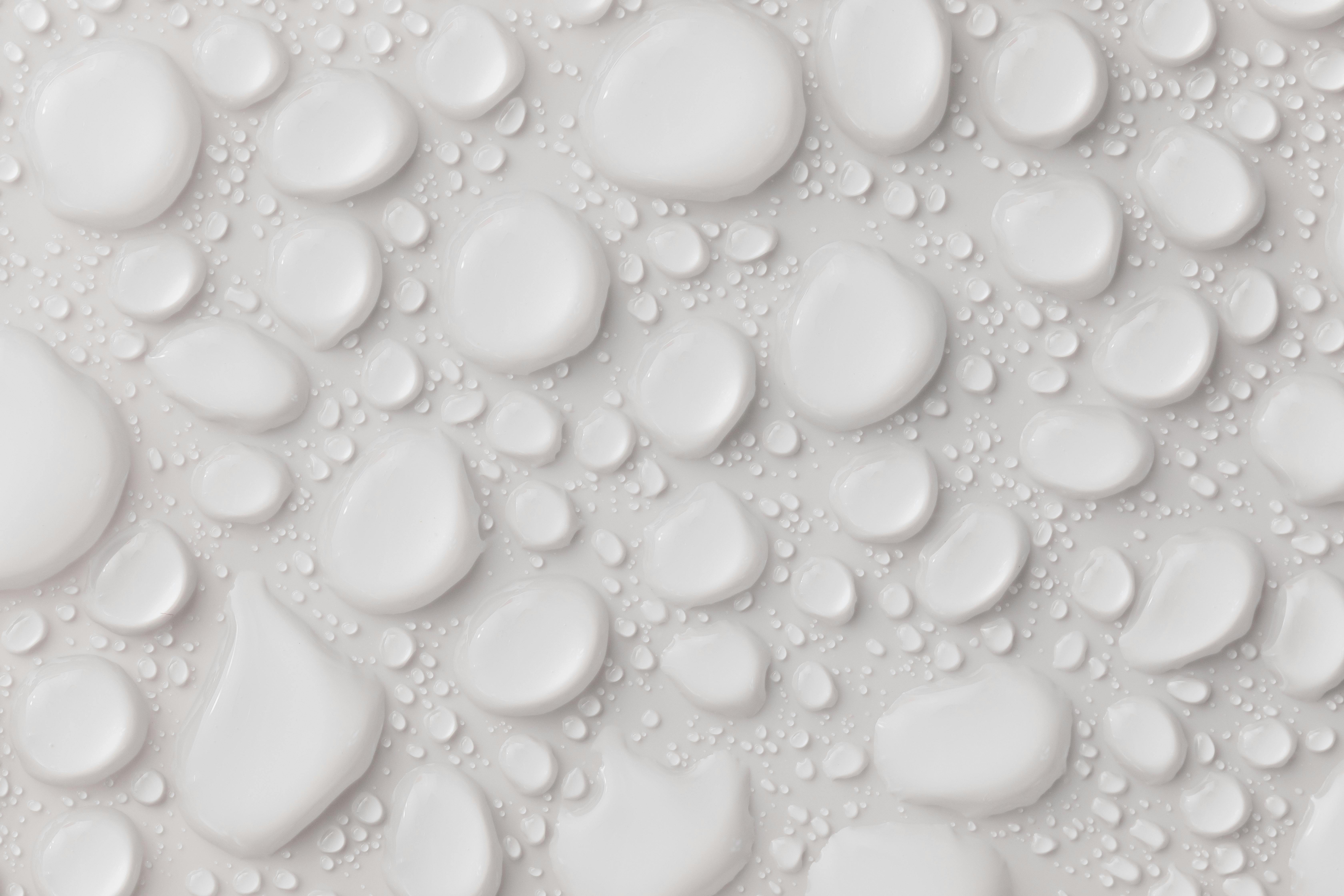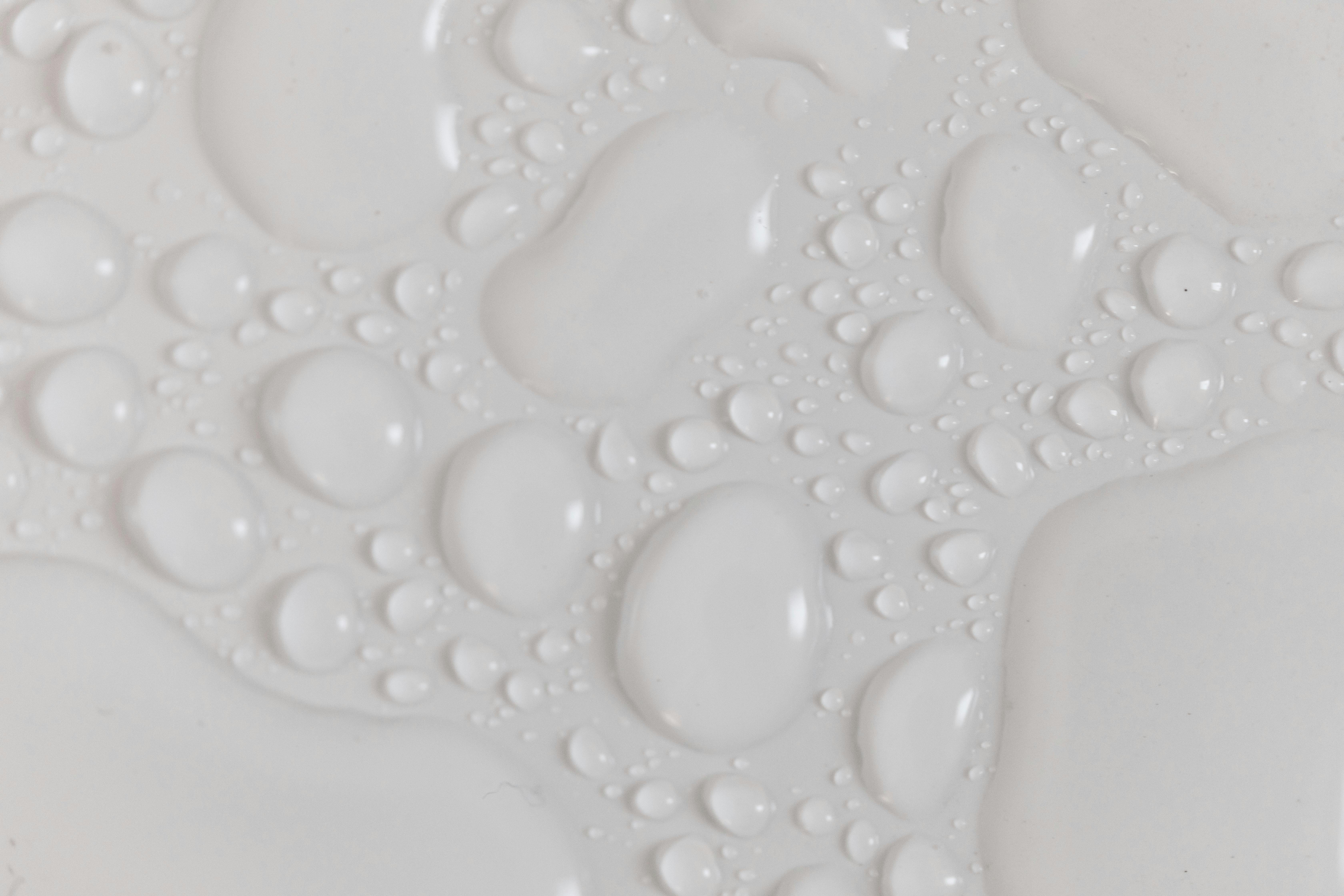Distilled water and purified water are both types of water that have been processed to remove impurities. However, there are some key differences between the two. Distilled water has gone through a process of evaporation and condensation, while purified water has been treated with a filtration system or reverse osmosis. Distilled water is free from all minerals, while purified water may contain some minerals. Moreover, distilled water has a neutral pH level, while purified water can have an altered pH level due to the presence of minerals.Distilled water is water that has been boiled into vapor and then condensed back into liquid form. It is free of minerals and salts, making it pure and suitable for a variety of uses. Distilled water is commonly used in car batteries, irons, steam irons, and humidifiers. It is also used in aquariums to prevent the buildup of harmful minerals.
What Is Purified Water?
Purified water is water that has been treated to remove impurities, contaminants, and other substances that can make it unsafe to drink. The process of purifying water involves using various methods, such as reverse osmosis, distillation, deionization, and filtration. These processes remove a variety of contaminants including bacteria, viruses, heavy metals, chemicals, and parasites. Purified water is often used in medical settings and for drinking water for people who need to be on a strict diet. It is also commonly used in commercial settings such as food processing plants and laboratories where it is necessary to ensure the safety of the products or processes being performed.
Purified water can also be used for industrial purposes such as cooling systems and boilers where the purity of the water is essential for the successful operation of the equipment. Purified water can also be used in aquariums and other aquatic systems where it is important to maintain a certain level of purity to ensure the health and wellbeing of the animals living in them. While purified water does not contain any minerals or other nutrients that are beneficial for human consumption, it does provide a safe source
How Is Distilled Water Produced?
Distilled water is produced by a process called distillation. This process involves boiling the water and condensing the steam that is produced back into liquid form. The steam condenses as it passes through a separate chamber, leaving behind any impurities or contaminants. The condensed liquid is then collected, cooled, and stored as distilled water. This process of distillation is used to purify both drinking water and water used for industrial purposes.
The process of distillation removes any biological contaminants from the water, such as bacteria, viruses, cysts, and other pathogens. It also eliminates any chemical contaminants that may be present in the water, such as heavy metals, pesticides, herbicides, and other pollutants. The resulting distilled water is pure and free from any harmful substances.
Distillation is an effective method for producing clean drinking water for both home use and industrial applications. It can also be used to produce purified water for medical purposes. Distilled water has many advantages over other types of purified drinking water, such as being free from added chemicals or minerals that could affect its taste or smell.
How Is Purified Water Produced?
Purified water is produced through a variety of processes that involve the removal of impurities and contaminants. The most common methods include distillation, reverse osmosis, filtration, and deionization. Distillation is the process of boiling water and condensing the steam back into a liquid. This process removes many impurities, including bacteria, viruses, and heavy metals. Reverse osmosis involves forcing water through a membrane that filters out larger particles like salts and other minerals. Filtration utilizes activated charcoal to absorb particles like microorganisms, organic matter, and other contaminants. Lastly, deionization is a process that involves passing water through an ion exchange resin which removes ions such as sodium or magnesium from the water. All these processes are used to produce purified water for drinking or other purposes.
In addition to these processes, many modern-day purification systems use ultraviolet (UV) light technology to disinfect water by killing bacteria and viruses. It is important to note that UV light does not remove chemicals or solids from the water – it simply kills microorganisms that may be present in it. In some cases,
Benefits of Drinking Distilled Water
Distilled water is becoming more popular as a healthier alternative to tap water, as it’s free from impurities and contaminants. Distillation is a process that involves boiling water to create steam, which is then condensed back into liquid form. The result is pure, clean drinking water with no added chemicals or minerals. There are many benefits to drinking distilled water, including improved health, better hydration, and even a cleaner taste.
Improved Health
One of the most important benefits of drinking distilled water is its potential for improved health. Tap water can contain harmful contaminants like lead and chlorine that can affect your health over time. Distilled water eliminates these risks by removing any contaminants from the source water before you drink it. Additionally, most tap and bottled waters contain dissolved minerals like calcium and magnesium that can build up in your body over time. However, because distilled water does not contain these minerals, it can help flush out toxins from your system more effectively than regular tap or bottled waters.
Better Hydration
Another benefit of drinking distilled water is its

The Benefits of Drinking Purified Water
Drinking purified water has many health benefits. It is a great way to stay hydrated and maintain good health. Purified water is free of contaminants and chemicals, which can be found in tap or bottled water. It is also more readily absorbed by the body, meaning that it is more quickly digested and used for energy. In addition, drinking purified water can help protect against certain types of illnesses and diseases.
The most important benefit of drinking purified water is that it helps to flush toxins from the body. This can improve overall health and reduce the risk of certain illnesses. It also helps to maintain a healthy balance of electrolytes in the body, which can reduce fatigue and improve energy levels. Additionally, purified water may help reduce cholesterol levels and promote better digestion.
Another advantage to drinking purified water is that it does not contain any added sugars or artificial sweeteners like other types of beverages. This means that it will not contribute to weight gain or an unhealthy diet. Additionally, drinking purified water can help keep teeth healthy, since there are no minerals present that could potentially cause tooth decay
What Are The Drawbacks Of Drinking Distilled Water?
Distilled water is a form of water that is purified through distillation, which removes minerals and impurities from the liquid. While it may be beneficial to some, there are several drawbacks to consider when drinking distilled water. The lack of minerals can lead to an imbalance in the body, as these minerals are needed for optimal health and functioning. This can lead to dehydration and fatigue. Additionally, distilled water does not contain fluoride, which helps prevent tooth decay and cavities. It can also be difficult for the body to process, as it does not contain electrolytes or other essential compounds. Further, some studies suggest that drinking distilled water may lead to an increased risk of developing certain diseases such as cancer. Therefore, it is important to consider the pros and cons before making a decision about drinking distilled water on a regular basis.
What Are The Drawbacks Of Drinking Purified Water?
Purified water has become a popular alternative to tap water, but there are some drawbacks of drinking purified water. First and foremost, purified water can often be more expensive than tap water due to the cost of purification systems and filters used. In addition, many people find the taste of purified water to be less desirable than that of tap water.
Another drawback of drinking purified water is that it may lack important minerals and other nutrients found in tap water. These minerals and nutrients are beneficial for overall health and help support a healthy immune system. Furthermore, many purification systems remove chlorine from tap water which is an important disinfectant used in municipal water systems to prevent the spread of disease-causing bacteria.
Lastly, some purification systems can produce byproducts that can be harmful if consumed over a long period of time. These byproducts include things like chloramines, fluoride, lead, nitrates, arsenic, and other contaminants that may not be removed effectively by certain types of filters or purification systems. It is important to research the type of purification system you are using and make sure it is capable of

Conclusion
Distilled and purified water are both excellent choices for drinking water, as they are free of contaminants and provide many health benefits. Distilled water has been boiled and condensed to remove all impurities, while purified water has been filtered to remove sediment and other particles. Distilled water is good for drinking, cooking, and cleaning. Purified water is often used in medical settings as it does not contain any minerals or bacteria. Both types of water are safe to drink and can be used in many different applications.
Ultimately, the decision on which type of water to use is up to the individual. Those who are looking for a pure form of drinking water may prefer distilled, while those who want the added benefits of minerals may prefer purified. No matter which type of water is chosen, both types will provide clean and healthy hydration.

